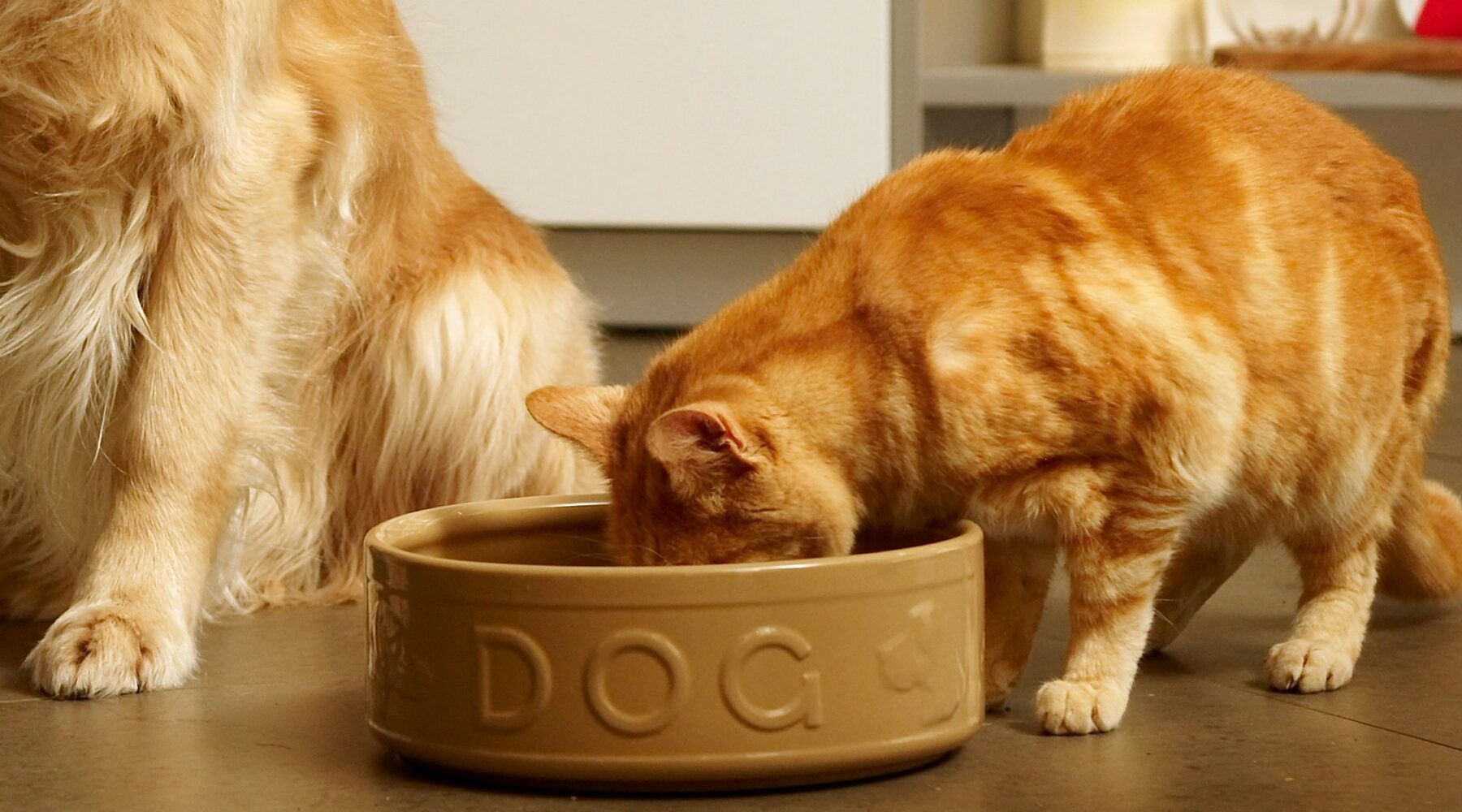Discovering The Best Cat Food For Your Feline Friend
When it comes to our beloved feline companions, ensuring they receive the best nutrition is of paramount importance. Every cat owner is faced with the question: what cat food is good? With a plethora of options available in the market today, choosing the right cat food can be a daunting task. It's not just about picking a product off the shelf; it's about understanding the nutritional needs of your cat and matching them with the right food that supports their health and well-being.
The right cat food should provide a balanced diet rich in proteins, fats, vitamins, and minerals, all of which are essential for your cat's health. Cats are obligate carnivores, meaning they require a diet primarily composed of meat. Therefore, high-quality cat food should have a significant amount of animal-based protein. Additionally, it's crucial to be aware of any specific dietary needs your cat may have, such as food allergies or sensitivities, which may require a specialized diet.
As you explore the world of cat food, consider factors like your cat's age, weight, and activity level, as these can influence their dietary requirements. For instance, kittens require more calories and nutrients compared to adult cats, while senior cats might need a diet that supports joint health. Understanding these nuances will guide you in selecting the ideal cat food that not only satisfies their taste buds but also contributes to their overall health and longevity.
What Nutrients Should Good Cat Food Contain?
To ensure your cat receives optimal nutrition, it's essential to understand what nutrients they need. High-quality cat food should include:
- Protein: Essential for muscle development and energy.
- Fats: Vital for a healthy coat and skin, as well as energy.
- Vitamins and Minerals: Support overall health, including bone development and immune function.
- Taurine: An essential amino acid for heart and eye health.
- Omega-3 and Omega-6 Fatty Acids: Promote a shiny coat and healthy skin.
How to Choose the Right Cat Food for Different Life Stages?
Cats have different nutritional requirements at various stages of their lives. Understanding these needs can help you choose the right cat food:
Kittens (0-12 months)
Kittens require food that supports growth and development. Look for foods labeled as "kitten" or "growth" formulas, which are rich in proteins and calories.
Adult Cats (1-7 years)
For adult cats, maintenance is key. Opt for foods that provide balanced nutrition without excessive calories to prevent obesity.
Senior Cats (7+ years)
As cats age, they may need diets that support joint health and weight management. Senior cat foods often contain added nutrients like glucosamine and chondroitin.
Should You Choose Wet or Dry Cat Food?
Both wet and dry cat foods have their advantages and disadvantages, and the decision often depends on your cat's preferences and needs:
Wet Cat Food
Wet cat food is higher in moisture content, which helps keep your cat hydrated. It can be more palatable for picky eaters and often contains higher protein levels.
Dry Cat Food
Dry cat food is convenient and can help maintain dental health by reducing plaque and tartar. It's also more cost-effective and can be left out for free-feeding.
What Ingredients Should Be Avoided in Cat Food?
While selecting cat food, it's important to avoid certain ingredients that can be harmful to your cat's health:
- Artificial Preservatives: Such as BHA, BHT, and ethoxyquin.
- Artificial Colors and Flavors: Unnecessary additives with no nutritional value.
- Grains and Fillers: Some cats are sensitive to grains, which can cause digestive issues.
- By-products: Opt for foods with high-quality meat ingredients instead of by-products.
How to Transition Your Cat to a New Food?
If you decide to change your cat's food, it's important to do so gradually to prevent digestive upset. Follow these steps for a smooth transition:
- Day 1-2: Mix 25% new food with 75% old food.
- Day 3-4: Mix 50% new food with 50% old food.
- Day 5-6: Mix 75% new food with 25% old food.
- Day 7: Serve 100% new food.
What are the Top Recommended Cat Food Brands?
Several cat food brands are known for their quality ingredients and balanced nutrition. Some top recommendations include:
- Royal Canin
- Hill's Science Diet
- Blue Buffalo
- Purina Pro Plan
- Orijen
Are Homemade Cat Foods a Good Option?
Some cat owners prefer making homemade cat food to have complete control over the ingredients. While this can be beneficial, it's crucial to ensure the homemade diet is nutritionally complete. Consulting with a veterinarian or a pet nutritionist is recommended to formulate a balanced diet.
Conclusion: What Cat Food is Good for Your Pet?
In conclusion, the best cat food for your pet depends on their individual needs, preferences, and life stage. Prioritize high-quality ingredients, balanced nutrition, and your cat's specific dietary requirements. By considering these factors, you can make an informed choice that contributes to your feline friend's health and happiness.
The Anticipation Grows: Practical Magic Two Release Date
The Anticipated Release: A New Movie For Liam Neeson
The Endearing Legacy Of Little House On The Prairie Dad


:max_bytes(150000):strip_icc()/CastorPolluxOrganixOrganicDryDryCatFood-194e419e8800401a81a50ed149afadf3.jpg)